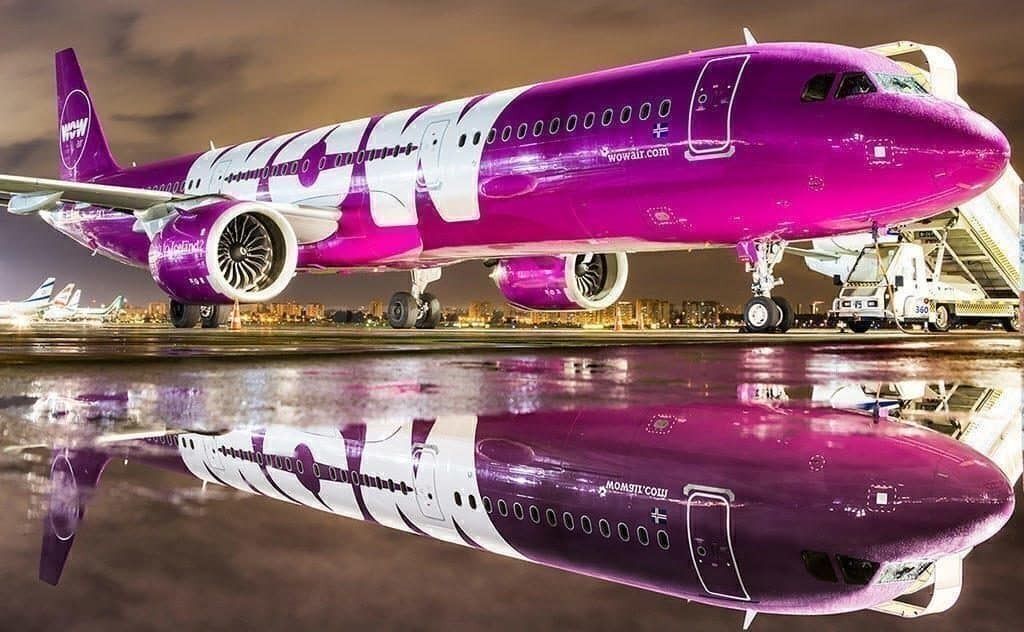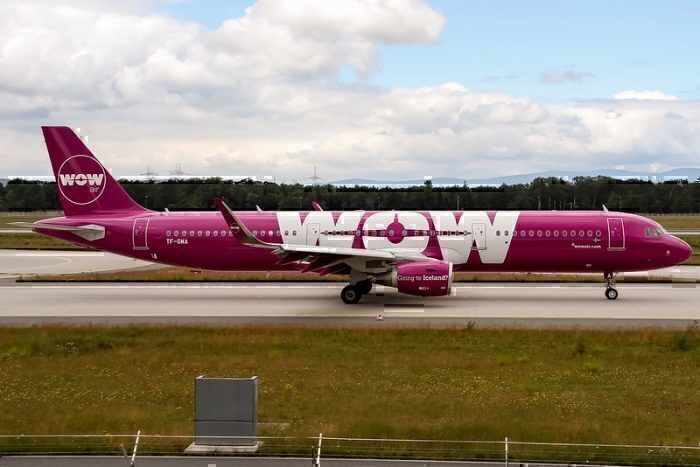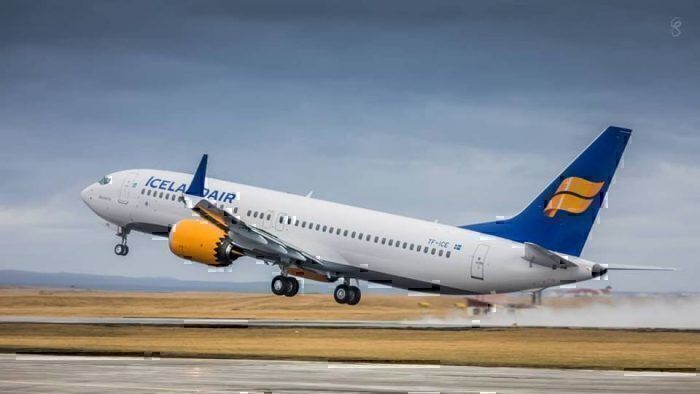It’s a rare event when the collapse of a single company affects the economy of an entire nation. But the collapse of WOW air on March 28 of this year has had a profound effect on the economy of Iceland. With GDP (gross domestic product) down and inflation and unemployment up, the effects of the WOW air collapse are far-reaching.
The after-effect
Iceland’s economy has reported almost no growth for the first nine months of the year, compared to a GDP growth of 4.6% last year. The country’s economy has been growing year on year since the collapse 10 years ago, largely due to an increase in tourism.
WOW air played a huge part in helping tourism become one of the country’s main sources of income, thanks to its dirt cheap, no-frills flights. The airline's sudden collapse earlier this year has had a very real influence on the country.
Bloomberg previously predicted that the crash would mean that the county’s economy, previously on track to grow by 1.8%, would in fact contract by 0.4%. Also predicting long-term effects, the Central Bank cut interest rates by 0.5% to 4%. The bank cited “deterioration in the economic outlook has caused the inflation outlook to change markedly in a short period of time” as reasoning for the change.
The Central Bank also changed its unemployment forecast, predicting 3.9% compared to its previous forecast of 3.1%. In March, unemployment was at 3.2% with approximately 5,962 people out of work. With a slower summer for tourism, that figure jumped to 3.8% in October, the bank’s predictions ringing true.
The bank also predicted that inflation will reach a peak this year of 3.4% before recovering back down to 2.5% as the effects of the airline’s crash are played out over time. In general, the Krona is down by 3.7% this year.
In actuality, GDP was hardly affected in the first 9 months, growing 0.2% compared to the previous year. However, the third quarter saw a contraction in GDP by 0.1%. This is attributed to the negative impact the collapse of WOW air has had on foreign trading and export. GDP also declined between the second and third quarters of 2019 by 0.7%, when taking into consideration seasonal differences.
It’s not just WOW air
The collapse of WOW air is not solely responsible for the negative impact on the country’s tourism, and therefore, the economy. Icelandair has also been struggling as it has 16 Boeing 737 MAX on order which have been grounded since August. The MAX groundings have been causing issues for the tourism industry around the world. When combined with WOW Air's sudden crash, it does share part of the blame.
Additionally, the country’s tourism industry was already on the slow down. In 2018 the tourism market grew by just 5.5%. Although this doesn’t sound too bad, it does show a considerable difference to the 24% growth in 2017. Combine the slowdown with the WOW collapse and the Max jet groundings and you’ve got a recipe for near disaster.
But it’s not all bad news. At the time of the collapse, then-Governor of the Central Bank Már Guðmundsson predicted that the Icelandic economy, although affected by the collapse, had the “resilience” to withstand any long-term damage. And with the successor to WOW planning to relaunch as PLAY, a low-cost airline could be back in the skies sooner than anyone expected. The Icelandic economy is longer booming, but it does seem as if it will outlast the WOW air disaster. Now, if only Icelandair could have their MAX jets back in the sky…




